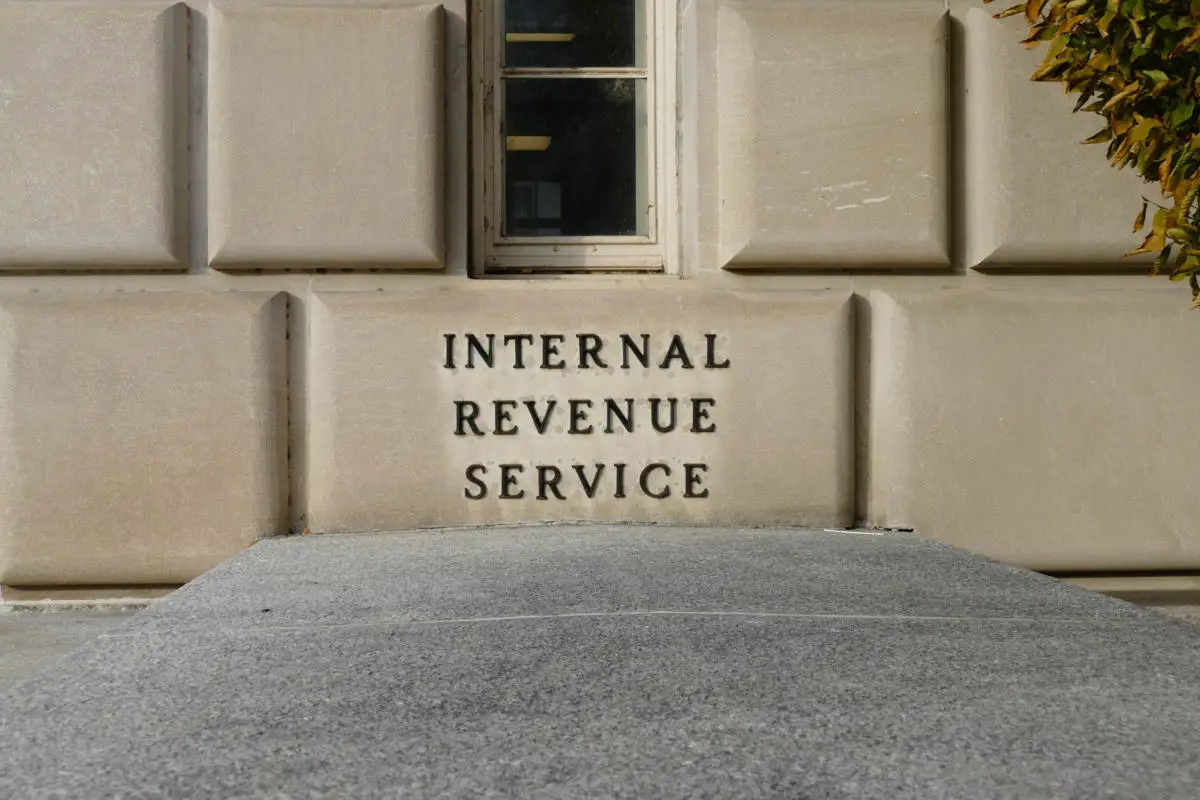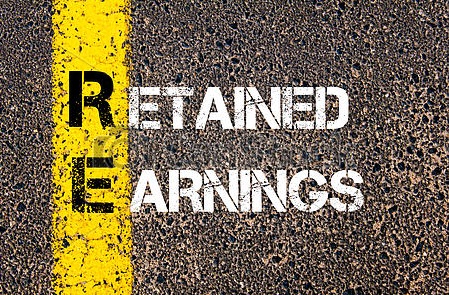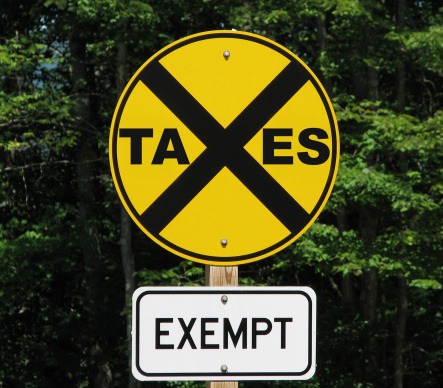2014 IRS Offshore Settlement Program
If you have unreported offshore bank accounts or foreign assets, the IRS has one last best offer called the 2014 IRS Offshore Settlement Program. Come forward and, if you are living offshore, pay no penalties. If you are living in the U.S., pay only 5% for a fresh start.
This, the third installment of the IRS Offshore Voluntary Disclosure Initiative, is a great deal for some and bad news for others. No matter where you stand on filing and paying taxes to the U.S., if you have a blue passport and an unreported offshore bank account, you need to understand your rights, risks, and costs of the 2014 IRS Offshore Settlement Program.
To give you a little background, the IRS has been going after offshore accounts hot and heavy since 2011. They’ve attacked banks and U.S. citizens alike, getting banks to pay monster fines and putting 100 + citizens in jail.
These IRS indictments for offshore bank accounts have brought forward 45,000 taxpayers who have voluntarily paid $6.5 billion in taxes, interest and penalties. As a result, the Criminal Investigation Division of the IRS has the highest return on dollars spent of any IRS division.
Banks have also kicked in a few billion to keep things moving. UBS paid $780 million and gave up 4,400 clients in 2011. Then, Credit Suisse paid $2.6 billion in May of 2014, and there are more settlements in the works for 2014 and 2015… including banks in Israel, Singapore, and Hong Kong.
2014 IRS Offshore Settlement Program Explained
The current Offshore Voluntary Disclosure Initiative is aimed at those with a good reason for having an offshore account, but who were unaware of their filing obligations. Maybe they found out about their risks a few years ago, but, by then the costs of compliance were just too high. Whatever your situation, you must have a good excuse as to why you have not filed to get in to this program.
The stated aim of the 2014 IRS Offshore Settlement Program is “…to get people to disclose their accounts, pay the tax they owe, and get right with the government.´ This is according to IRS Commissioner John Koskinen.
The IRS promises to go easy if you come forward and can prove to the satisfaction of the IRS that you did not intend to violate the law. Note that the Service has the final say as to your intent. If your story is not convincing, your penalty goes way up. As you will have given them a roadmap to your income and assets in your initial filing, you don’t have the option of backing out if it doesn’t go your way.
Let’s get down to the numbers of the 2014 IRS Offshore Settlement Program.
Under the 2012 Offshore Voluntary Disclosure Initiative, if you were living and working abroad and owed $1,500 or less as a result of filing your U.S. tax returns, then you paid no penalties for failing to report your offshore bank account. If you owed more than $1,500, then you paid 27.5% of the highest balance in your accounts and, in some cases, 27.5% of all foreign assets.
For an expat living in a high tax country, which is to say a country with a tax rate and system comparable to the United States, it was easy to qualify for the 2012 Offshore Voluntary Disclosure Initiative. If you were living in a low tax country, or were operating through a tax efficient offshore company structure, but your salary exceeded the FEIE, the prior OVDI was quite expensive.
Under the 2014 IRS Offshore Settlement Program, it doesn’t matter how much you owe when you file your tax returns. If you are living abroad, file and pay your last 3 years and show good cause for not reporting the accounts. You will pay taxes for these three years and will pay no FBAR penalties.
If you are living in the United States and have an unreported offshore account, then you can qualify to pay a 5% penalty rather than the 27.5% fine. Though, I must say that the hill to climb for a U.S. resident is much steeper than for an expat. Like the expat, if the U.S. resident can sell a good story for his lack of compliance, it doesn’t matter how much you owe as a result of filing or amending your last three to six years of personal income tax returns.
If you (the expat or U.S. resident) can’t convince the IRS of your good intentions, you will be required to give up 27.5% of your foreign assets, which is what you would have had to do under the 2012 version of the Offshore Voluntary Disclosure Initiative. However, if the IRS is already on your trail when you come forward, which is to say, the IRS is investigating the bank where you have your unreported accounts, then the penalty goes all the way up to 50% of your foreign assets. Obviously, this creates some urgency, as the IRS is currently after a number of offshore banks.
Note that these penalties are assessed against the highest balance in your offshore bank account since it was opened. If you had $1 million offshore for only one day, maybe because you were buying a foreign rental property, the 5%, 27.5%, and 50% penalties apply to the $1 million and not your average balance over the years.
I expect those living and working abroad for several years will have relatively easy time in the 2014 IRS Offshore Settlement Program. This is especially true if you hold dual citizenship. If you are in a low tax country, now is the time to come forward if you are willing to disclose all of your accounts and assets to the IRS in order to keep your U.S. passport and to get back in good standing with your government.
For those of you in the U.S., your road is sure to be more challenging. What kind of story might succeed? If you are a signor on a parent’s foreign bank account, and they live abroad, then I expect you might get away with the 5% penalty. Also, if you had foreign assets before you moved to the U.S., and have been reporting your U.S. income, but not capital gains on these international accounts, I think you have a decent chance of success.
Also for those who are U.S. residents, I think the size of your payment when you file or amend your 1040 will be considered. If you owe a few dollars, and it is minimal compared to your other taxes paid, then your chances of reaching the 5% deal are increased. If your tax bill is increased by 90%, you better have an excellent story.
My last suggestion is that someone with a foreign rental property, who was not aware they should be reporting, might qualify for the discount. Keeping in mind that you can take depreciation (all be it straight line and not accelerated) and ordinary and necessary expenses on the foreign rental, just as you do with a U.S. property, you will probably have a loss when you amend your return. I believe such a case will qualify for the 2014 IRS Offshore Settlement Program’s 5% penalty.
I hope you have found this article helpful. Please note that no 2014 IRS Offshore Settlement Program filings have been completed, so my suggestions above are just my opinion.
If you would like to determine your costs, risks, and probability of success in the 2014 IRS Offshore Settlement Program, the first step is to prepare or amend your tax returns. For additional information, or for an assessment of your case, please call or email to info@premieroffshore.com. All consultations are confidential. We have helped many clients navigate the two previous IRS Offshore Voluntary Disclosure Initiatives and we can get you through this one with the best result possible based on your particular situation.











